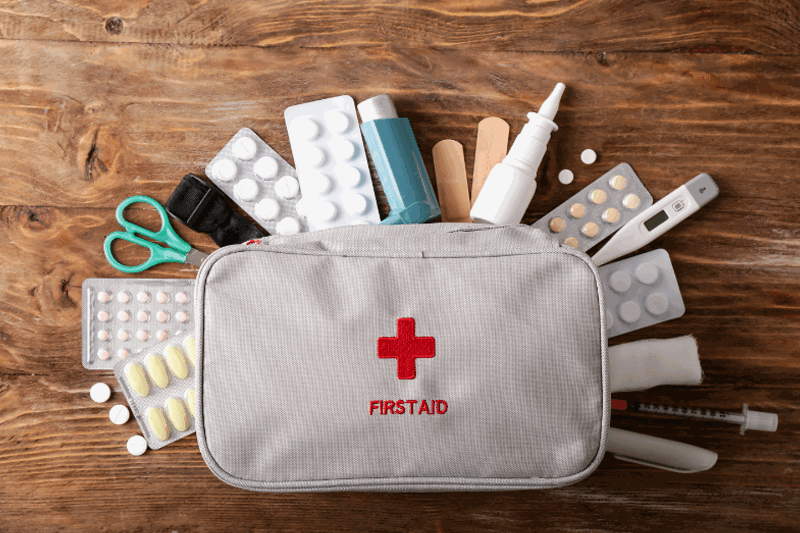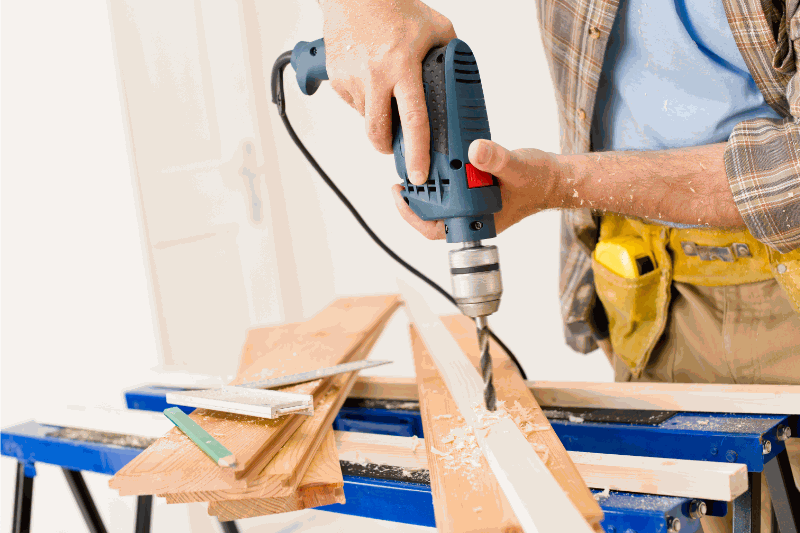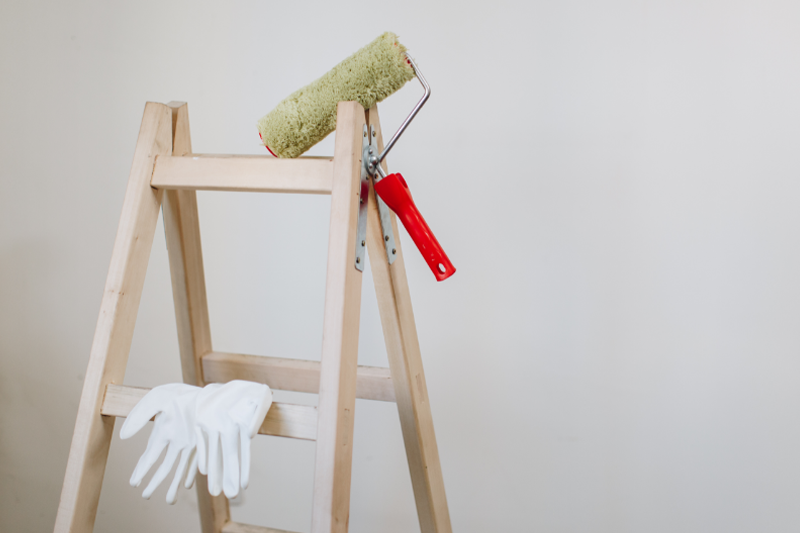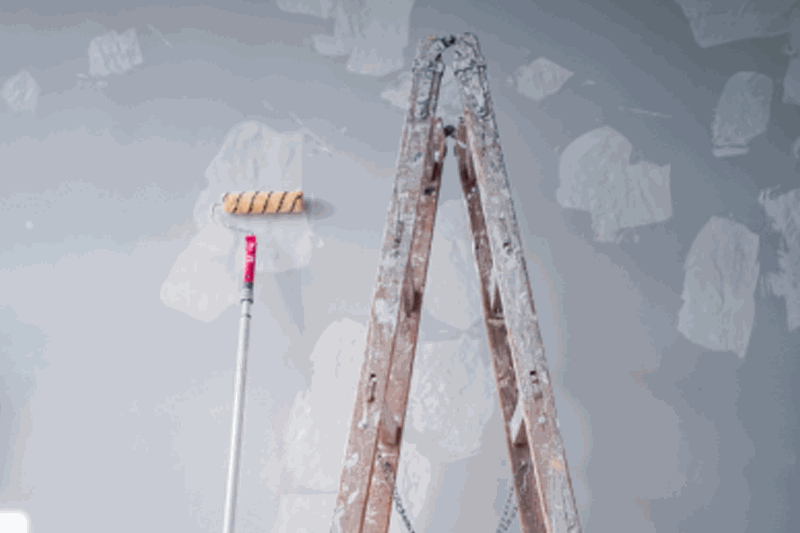Home Improvement has become popular these days. Whether doing it to make a living, to save money, or for pure enjoyment, many people are drawn to the do-it-yourself trend. While this can be a very lucrative way to do construction, just like with professionals who build for a living, safety is a key to any project. Without using proper safety devices and procedures, disaster can happen in the simplest of home improvement jobs. Accidents are possible when working at heights, with heavy, noxious, or awkward materials, with power tools including those with sharp blades, or with electricity or gas. While accidents are possible at any time doing anything, the preceding situations are when you need to be especially careful about doing construction. The most common safety procedures include those to do with your comfort with the job, your work area and equipment, and some just plain common sense.
One way to stay safe on the job has to do with your comfort with the job. Many do-it-yourselfers are old hands at doing jobs around the house. Some are just starting out. Whatever category you fall under, safety is of the utmost importance. Only tackle jobs you feel comfortable with doing. If you feel that it is too advanced for your skill level or that you don’t exactly know how to handle a power tool, be smart. Do your own electrical work only if you know for sure that you have the expertise to do so. Don’t let being prideful get in the way of being safe. There is no shame in admitting you do not know how to do something. It’s not just the newbies that get hurt, either. Many experienced do-it-yourselfers become cavalier about their abilities and cut corners when it comes to safety. No matter how good you are and how much you know, always keep safety in mind as accidents DO happen to the experienced as well.
Another way to stay safe is to mind your work area and equipment. Besides making work much more efficient and quick, keeping an orderly work area is also a key to avoiding creating dangerous hazards for yourself. Many things can go wrong in a project as it is without us creating problems for ourselves. Do not allow electrical cords to tangle as they could become a tripping hazard. Store all tools properly, especially focusing on power tools, sharp tools, and things that can cause injury. When working with lumber, be sure to pull all the nails that might be in it. Another thing about your work area is to keep children away from it. Also, keep tools out of children’s reach.
As for equipment, this includes what you wear. Dress as safely as possible. Don’t work in sandals and shorts. Hearty clothing, like jeans, work shirts, and gloves help to protect you while you work. When using hammers, and power tools that may toss shavings or wood chips, wear safety glasses or goggles. These help to protect your eyes from flying debris that can harm them. Also, keep drill bits, cutting tools, and blades sharp. If they become dull, tools can seize, making them extremely dangerous.
Keeping these safety tips in mind, most of the time, accidents can be avoided just by using a little common sense. Don’t go up to the roof to work during a thunderstorm. Don’t run electrical cords through the water while you are using live tools. These are things that you don’t have to be a contractor to know aren’t smart.
Finally, keep a trusty first aid kit around for emergencies. These are available in many stores. All of these tips can help you avoid accidents on the way to your do-it-yourself masterpieces. Remember, only do jobs that you are sure you can tackle on your own, keep your environment free of clutter, and tools stored properly, and use your common sense about safety. Keep in mind that one example of the injuries that occur when doing home improvement is falling from ladders. According to studies, more than 2 million people were treated in U.S. emergency rooms for such ladder-related injuries from 1990 to 2005. Always remember that safety is the first and most important rule to remember when attacking a do-it-yourself project.
Want to discuss more? Contact our remodeling consultant now.




